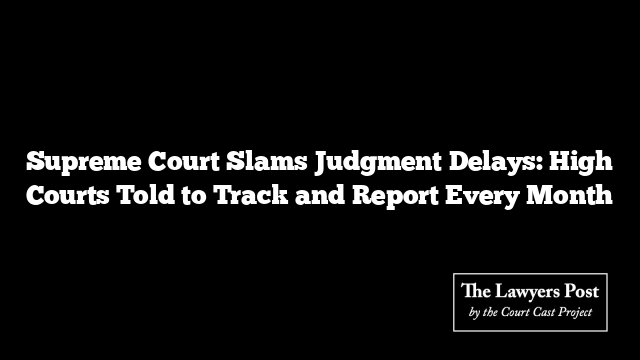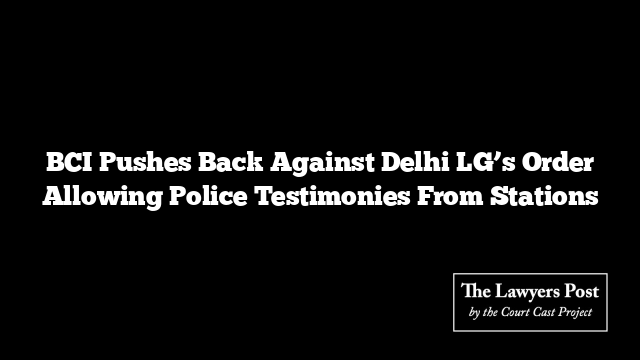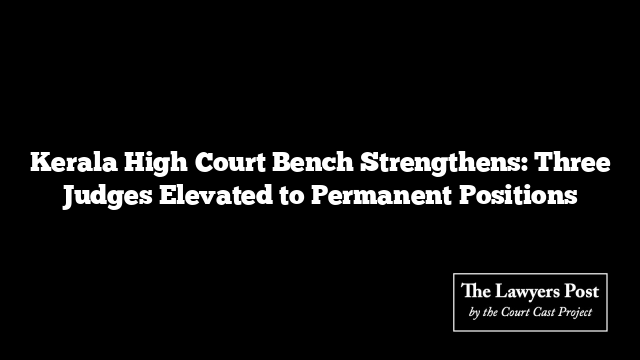The country’s highest court has once again put the spotlight on a problem that has become all too familiar—judgments reserved and then forgotten.
A Bench of Justices Sanjay Karol and Prashant Kumar Mishra, while dealing with a long-pending criminal matter from Uttar Pradesh, described the delay in pronouncing verdicts as “extremely shocking and surprising.”
The case in question had been argued fully before the Allahabad High Court in December 2021 and marked as “judgment reserved.” Yet, months rolled into years without a decision. Even repeated applications for an early pronouncement did not move the needle.
Disturbed by this pattern, the Supreme Court reminded the judiciary that justice delayed after hearings are concluded is justice denied. Recalling its earlier ruling in Anil Rai v. State of Bihar, the Court emphasized that timely judgments are not a formality but the very core of fair adjudication.
To tackle the issue head-on, the Court has now directed every High Court to maintain a strict monthly ledger: Registrars must prepare a list of all cases where hearings are over but judgments remain pending. This report will go straight to the Chief Justice of the High Court.
The new system comes with a strict time frame—if a judgment is not delivered within three months, the Registrar General must alert the Chief Justice, who will then instruct the Bench to deliver within two weeks. If still delayed, the matter must be reassigned.
“These directions supplement the ones already in place since Anil Rai,” the Bench clarified, sending a clear message that tolerance for prolonged silence after hearings has run out.
Copies of this ruling are to be circulated to Registrar Generals across all High Courts to ensure compliance.





